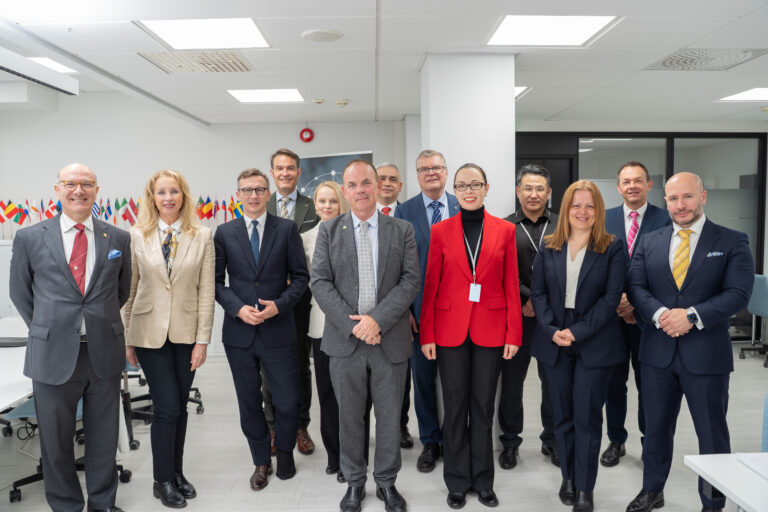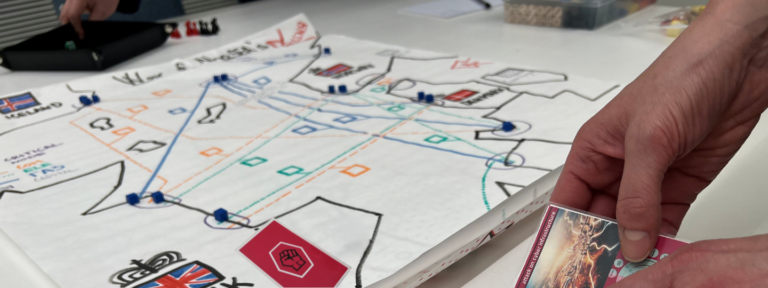The Community of Interest on Strategy and Defence (COI S&D) examines hybrid conflicts and warfare, assessing their implications for security policy. Its expertise covers cyber warfare, cognitive warfare, new technologies, as well as the use of chemical, biological, radiological and nuclear-related threats.
COI S&D has become a sought-after sparring partner in countering activities within and beyond the grey zone between war and peace, particularly since Russia’s full-scale attack on Ukraine. COI S&D aims to identify relevant strategic issues and research gaps in the context of hybrid conflict, addressing them by providing expertise, exercises and training for EU and NATO member states and selected organizations. It has developed a technology radar capability to monitor existing and new technologies, assessing their offensive hybrid threat potential. In addition, COI S&D analyzes the ways in which hybrid threat actors seek to destabilize democracies and deepen distrust within societies through cultural and societal interference.
COI S&D’s findings suggest that cyber is inherent in all domains, but also that the cyber domain is as important to protect as land, sea, air, and space. COI S&D also examines cognitive superiority as an emerging concept within hybrid threats.
Related news and publications

Seventh Cyber Power Symposium explored the AI-driven future of hybrid threats

 Hybrid CoE Paper 24
Hybrid CoE Paper 24Social identities and democratic vulnerabilities: Learning from examples of targeted disinformation

JEF course sharpens understanding of hybrid threats among defence planners

 Hybrid CoE Paper 23
Hybrid CoE Paper 23







